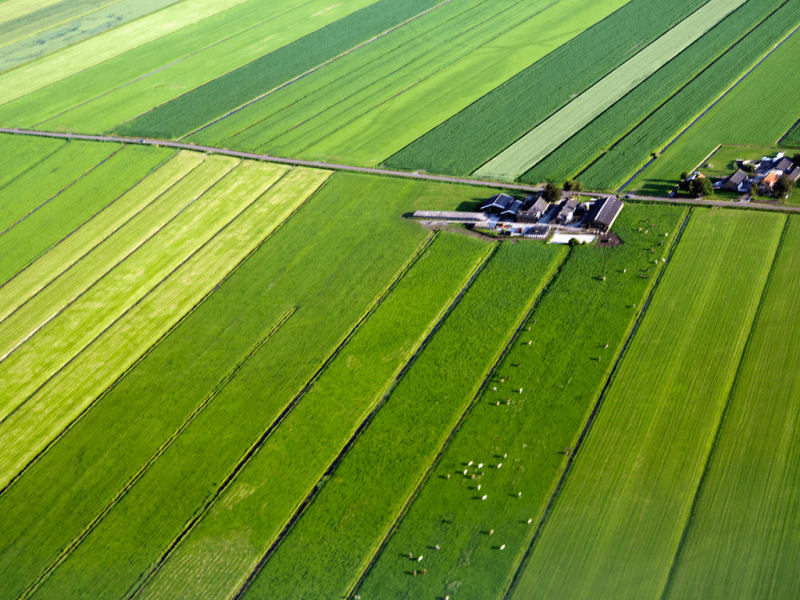The Dutch are not necessarily against genetically modifying food crops. However, they doubt whether the adapted crops will contribute to fewer people worldwide going hungry or whether agriculture will become more sustainable. They are therefore not in favour of excluding these new techniques from European regulations, as many plant companies and the Dutch government advocate.
The report Editing under provision: Dutch citizens’ views on new genomic techniques in food crops shows how the Dutch think about new genetic engineering. These are techniques that arose after the European Commission laid down rules for genetically modified food at the beginning of this century. These new techniques are faster, easier and cheaper to apply than the older ones. The best-known example is CRISPR-cas, which can make small adjustments to DNA.
In 2018, the European Court of Justice ruled that these new techniques also fall under the rules adopted by the European Commission at the beginning of this century. However, several parties argue that they should be exempted from this, as long as no DNA is added. The European Commission wants to decide before the summer whether there will be new rules.
Doubts about safety
In order to gain insight into how citizens feel about this, the Rathenau Instituut has spoken extensively with different groups of people. Six focus groups included people of different ages, education levels and socioeconomic backgrounds. They received extensive information about the techniques that are hardly used in practice and were able to form their opinion in conversation with each other.
The fact that citizens are reluctant to exclude these techniques from European regulations has a clear background. For example, they have doubts about its long-term safety for people and the environment. In addition, they want to be able to read on labels that genetic engineering has been used so that consumers can choose.
Strong opinion
Citizens do see that these new techniques can produce crops that are more resistant to diseases and the consequences of climate change. At the same time, they have little confidence that they will actually be used to contribute to solving social problems because business interests will often come first.
‘Just like in the nineties, the discussion about new genetic engineering techniques is only being conducted in a limited circle’, says researcher Michelle Habets of the Rathenau Instituut. ‘The fact that citizens were hardly involved at first is now seen as an important cause of the social unrest that arose about it. Our research shows that citizens still have a strong opinion about this that differs from the position taken by the Dutch government. It will be good for the support of the policy that the government enters into a dialogue with society about this.’
































